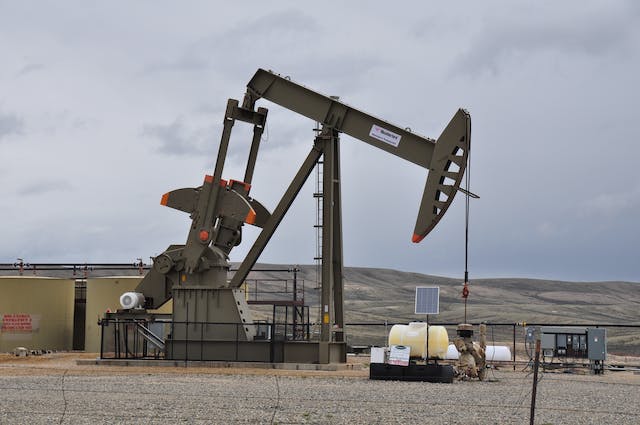Dec22

The oil industry, a cornerstone of global energy production, is a complex and dynamic sector that demands meticulous attention to various factors for successful operations. Whether you are an industry veteran or a newcomer, understanding the key considerations is crucial for safety, compliance, and overall success. In this blog, we'll explore essential aspects that individuals and organizations need to consider in the oil industry, with a particular focus on being PEC certified.
Safety is paramount in the oil industry, given the inherent extraction, refining, and transportation risks. A crucial consideration is the implementation of robust safety protocols and training programs. Being PEC certified, which stands for Petroleum Education Council, is an industry-recognized standard for safety training. It ensures that workers are well-versed in the best practices for handling equipment, emergencies, and hazardous materials, minimizing the risk of accidents and injuries.
Environmental considerations are increasingly significant in the oil industry. Stricter regulations and heightened public awareness necessitate adherence to environmental standards. Companies must implement sustainable practices, invest in eco-friendly technologies, and comply with environmental regulations to minimize their ecological footprint. Understanding and incorporating these considerations enhances corporate responsibility and contributes to long-term industry sustainability.
Successfully navigating the regulatory environment stands as a pivotal element within the oil industry. Essential for preventing legal complications and ensuring seamless operations, compliance with local, national, and international regulations is imperative. Remaining vigilant about legislative changes, securing requisite permits, and proactively managing compliance concerns are integral tasks for companies. PEC compliance frequently incorporates modules focused on regulatory compliance, serving as a valuable resource for individuals and organizations to stay current with the most recent legal prerequisites.
Embracing technological advancements is key to staying competitive in the oil industry. From advanced drilling techniques to artificial intelligence applications in predictive maintenance, companies must stay at the forefront of innovation. Integrating technology not only improves efficiency but also reduces costs and environmental impact. Regular training and upskilling programs, often part of PEC certification, help individuals stay informed about the latest technological trends.
The oil industry's vast and intricate supply chain requires meticulous management. Each stage demands efficient coordination, from exploration and extraction to transportation and refining. Considering factors such as logistics, inventory management, and supplier relationships is crucial. PEC certification often includes modules on supply chain safety and management, providing individuals with the knowledge to optimize these processes.
Establishing positive relationships with local communities is crucial for the oil industry. Companies must consider their operations' social impact and communicate transparently with stakeholders. This involves addressing community concerns, supporting local initiatives, and fostering a positive public perception. PEC certification may include elements related to community relations, emphasizing the importance of responsible and ethical business practices.
In the ever-evolving oil industry landscape, staying ahead requires a holistic approach that encompasses safety, environmental responsibility, regulatory compliance, technological innovation, efficient supply chain management, and community engagement. PEC certification serves as a valuable tool in achieving these goals, providing individuals and organizations with the knowledge and skills needed to navigate the complexities of the oil industry. By considering these crucial factors, industry professionals can contribute to a safer, more sustainable, and resilient oil sector.
Keywords: Business Strategy
 LinkedIn Voice for Sales
LinkedIn Voice for Sales Succession Planning is Hard because it’s Identity, Structure, and Systems All at Once
Succession Planning is Hard because it’s Identity, Structure, and Systems All at Once The Corix Partners Friday Reading List - February 13, 2026
The Corix Partners Friday Reading List - February 13, 2026 The Questioning Leader: Rethinking How We Learn, Listen, and Lead
The Questioning Leader: Rethinking How We Learn, Listen, and Lead The Straight Story of Leadership: Purpose, Patience, and Presence
The Straight Story of Leadership: Purpose, Patience, and Presence